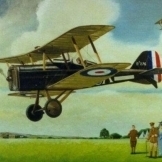
Sign in to follow this
Followers
0

Flight Schools - are shortcuts on safety and maintenance the norm?
By
Taipan, in Hangar Chat


By
Taipan, in Hangar Chat